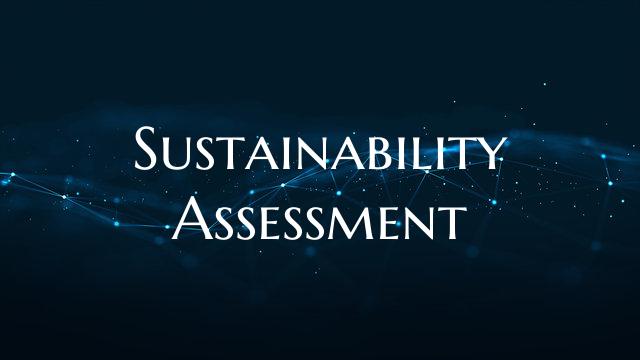Sustainability Assessment
Sustainability assessment is a critical process that evaluates the environmental, social, and economic impacts of activities, policies, or projects to ensure that they are meeting the needs of the present without compromising the ability of future generations to meet their own needs. It involves the systematic analysis of the potential effects of decisions on sustainable development, aiming to promote responsible practices that preserve natural resources and promote well-being for all.
There are various tools and frameworks available for conducting sustainability assessments, such as life cycle assessments, environmental impact assessments, and social return on investment. These tools help organizations and policymakers identify potential risks and opportunities associated with their decisions, allowing them to make informed choices that align with sustainability goals.
One of the key aspects of sustainability assessment is stakeholder engagement. By involving diverse stakeholders, including communities, industry representatives, and non-governmental organizations, in the assessment process, a more comprehensive understanding of the potential impacts and benefits of a particular initiative can be obtained. This participatory approach can help build consensus, improve decision-making, and enhance the overall sustainability of projects.
Furthermore, sustainability assessment enables organizations to track progress towards sustainability goals, measure performance, and identify areas for improvement. By regularly evaluating and monitoring the impacts of their activities, businesses and governments can implement effective strategies to mitigate negative effects and enhance positive outcomes for both people and the planet.
In conclusion, sustainability assessment is a crucial tool for fostering sustainable development and ensuring that our actions today do not compromise the well-being of future generations. By systematically analyzing the impacts of our decisions and engaging stakeholders in the process, we can create a more sustainable and equitable world for all.

